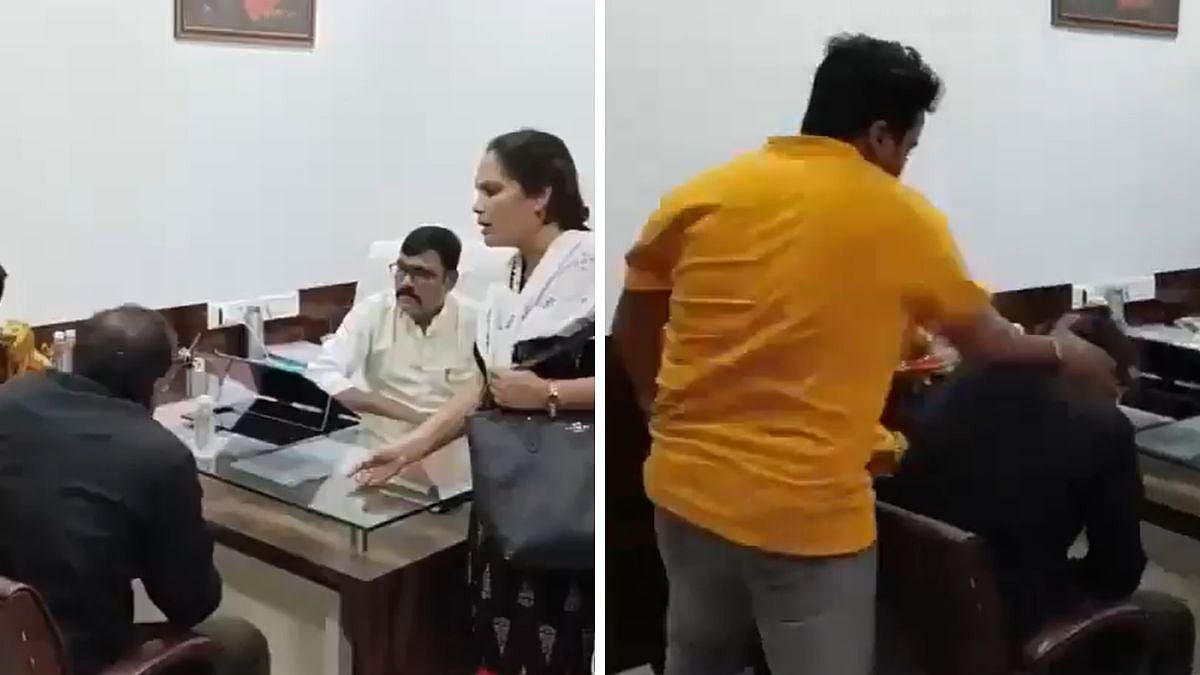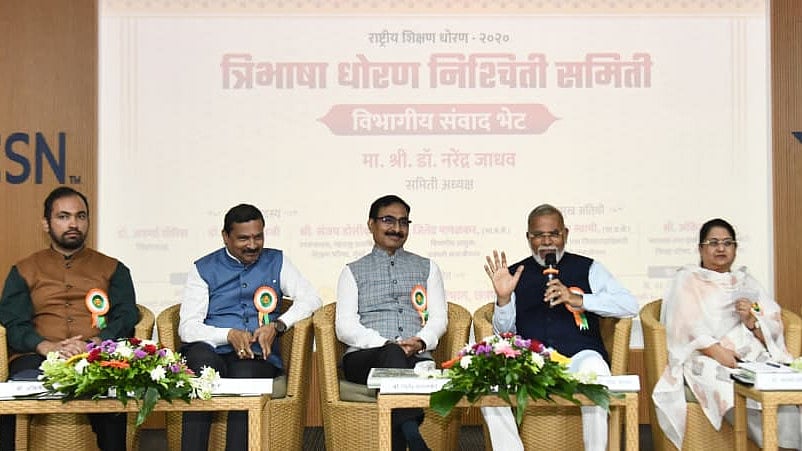Mumbai: The Marathi Abhyas Kendra has voiced strong objections to the working method of the state-appointed Narendra Jadhav Committee, which is tasked with finalising the three-language policy for Maharashtra schools. The criticism comes ahead of a discussion session scheduled on November 27 at the Yashwantrao Chavan Centre in Mumbai, where various stakeholders will be invited to give their input.
According to the Marathi Abhyas Kendra, while public feedback is important, shaping education policy purely on the basis of public opinion, especially from non-experts, is not ideal. They argue that decisions on the language curriculum should rely more on experts in education, child development, linguistics and related fields, rather than on general popular opinion.
The committee, chaired by educationist Dr Narendra Jadhav, is currently reaching out across the state to gather views from parents, teachers, social workers, and organisations, as part of a dialogue before recommending how to implement the trilingual formula. However, the Abhyas Kendra believes the present method of “public consultation” may not adequately account for the academic and developmental implications of early multilingual instruction.
Those criticising the method point out that teaching three languages from the very early classes, as initially proposed for implementing the trilingual system, could place undue academic burden on young children. Experts voiced by the committee have warned that learning multiple languages simultaneously from a young age may divide a child’s attention and affect foundational learning.

Members of Marathi-language and cultural organisations along with some political parties have earlier strongly opposed making a third language mandatory from Class 1. Their protests led to withdrawal of earlier government orders and the formation of the review committee under Dr Jadhav.
As the scheduled discussion at Yashwantrao Chavan Centre approaches, the debate continues, whether language policy should rest on mass opinion, or whether academic experts should have the final say in shaping how languages are taught in schools.




